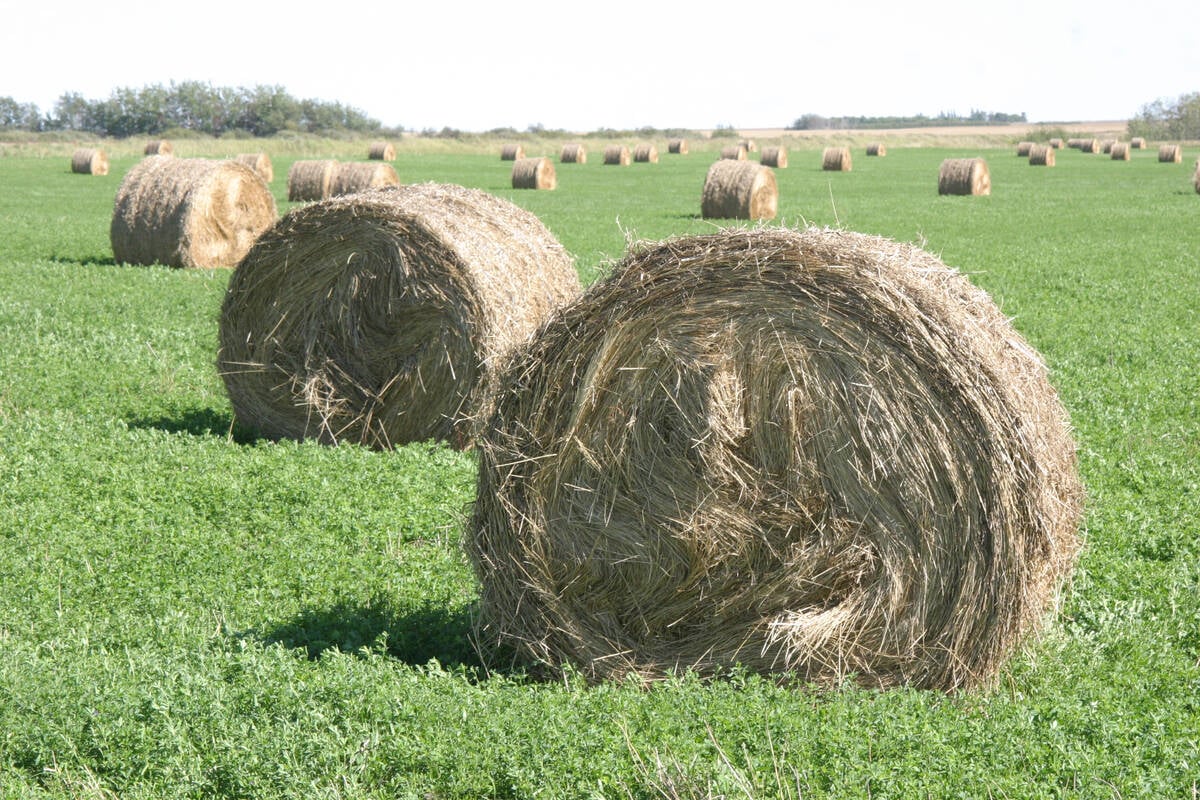TABER, Alta. – Brian Anderson is a third-generation sugar beet grower.
His grandfather was among the first homesteaders in southern Alberta to grow sugar beets. Despite the tumult in the industry this year, Anderson intends to sow another crop.
The future of the Canadian sugar industry is jeopardized by a Jan. 1 order in the United States to cut its Canadian sugar imports by half.
A second issue troubling growers is a Revenue Canada investigation into charges that the U.S., European Union and South Korea are dumping surplus sugar at low prices into Canada.
Read Also

Breaking down successful winter feeding into six steps
It’s that time of year when it is important to start planning for a cow herd’s winter feeding program. Here are six steps I think are necessary to consider when getting your feed tested.
If the investigation favors Canada, a duty could be slapped on these imports.
At the same time, contracts for this year’s crop are being negotiated with the Alberta Sugar Company and Manitoba Sugar.
“It makes it difficult negotiating when there’s so many balls in the air, but we’re going to plant a crop and keep fighting for the things that are right,” said Anderson, who is also president of Alberta Sugar Beet Producers.
“The dispute with the Americans is not something that will be resolved immediately so we have to go on,” said Ken Yull of Manitoba Sugar Beet Producers.
As the controversy continues, producers have been forced to hold back on long-term plans.
“Any time you procrastinate making long-term plans … you may find yourself not being in a position to be competitive,” said Anderson.
The debate about competitiveness had led to the question of whether it’s logical for Canada to grow sugar beets at all.
“By comparison with world sugar producers we’re very efficient. We have a lot of natural advantages here, especially on the Prairies. Most of our problems are because sugar is so highly political around the world that we’re being negatively impacted by dumped white sugar,” said Anderson.
Manitoba and Alberta, the only provinces to grow sugar beets, have grower-funded research programs. These programs have helped in developing new production practices that keep the industry cost effective, said Anderson.
Limited acreage
Sugar beets are a rotation crop with cereals, pulses and vegetables. Each year, no more than 25 percent of a farmer’s land goes into beets.
Studies show the sugar industry generates $150 million in economic activity in southern Alberta.
While the number of growers has declined somewhat over the years, those still farming sugar beets are producing more on fewer acres.
For example, the Alberta sugar beet growers, most recent annual report said in 1984, 31,599 acres of beets were planted with a yield of 513,180 tonnes.
In 1994, acreage was up slightly to 34,900, but 737,774 tonnes were produced. Sugar content also increased from 15 percent to 18 percent.
“From 1972 to 1994 we had a 35 percent increase in sugar per acre. Very few commodities have that kind of a trend line,” said Anderson.
Manitoba grew 27,000 acres producing 505,000 tonnes of beets, an extremely good year and the province’s sugar processor plans to offer contracts on 28,000 acres.















